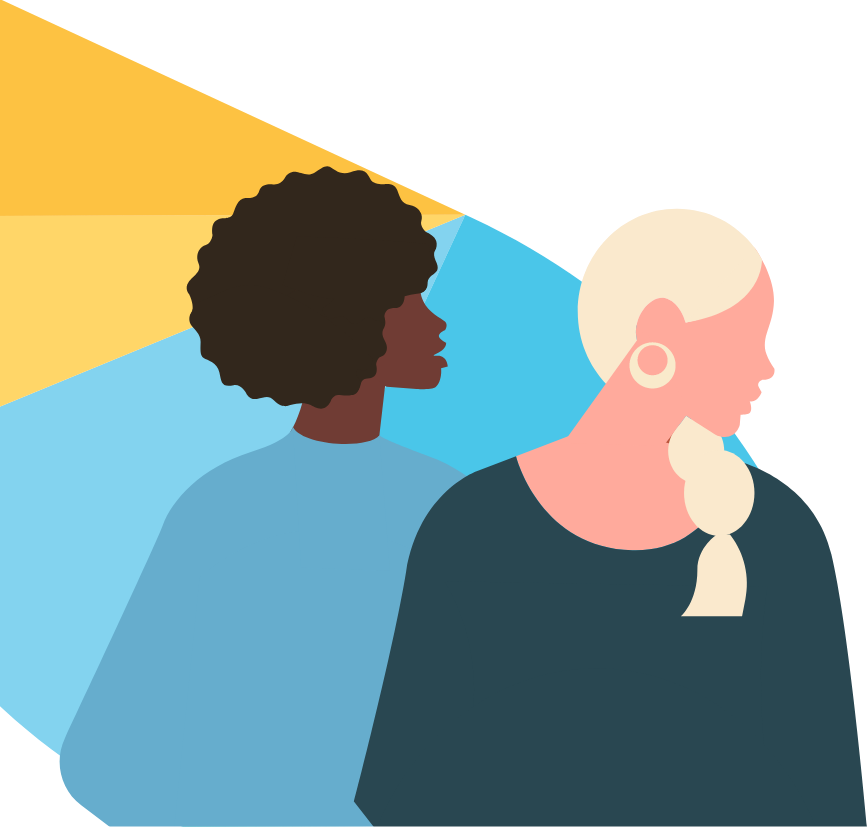Menu

A level of conflict and disagreement can happen in any close relationship and makes sense given that there are often differences between opinions, values, and belief systems within important relationships. When conflict is chronic and carries high level of stress (or other painful emotions), however, this can impact our mental and physical health in a variety of ways. Painful relationships can impact our capacity to work and function, our overall mood, our self-esteem, and sense of self.
Some of examples of common relationship issues that might be brought to therapy:
If the relationship issue is within a couple we may recommend couples therapy where we use the Gottman method of relationship therapy.
If the relationship issue is being address in individual therapy or does not involve a couple the focus of treatment might be to:
As part of engaging in this work, your psychologist will conduct a thorough assessment of you and the relationship you are working on. Together you will then collaboratively create a treatment plan which brings together evidenced-based treatments such as cognitive behavioural therapy (CBT), and often therapies which specialise in targeting relationships an communication such as attachment based therapies, interpersonal therapy, and Dialectical Behaviour Therapy (DBT). If you and your psychologist identify that past trauma might be impacting your relationships, together you might explore a trauma processing therapy, such as Eye Movement Desensitisation Reprocessing (EMDR). By addressing the impact of the traumatic memories from the past, it may change the course of how you respond in current and future relationships.


If you or a loved one is experiencing relationship issues our Melbourne psychologists and trauma therapists are here to help. Get in touch with our friendly reception team to book an appointment. Contact us by:
We are available for both face to face and telehealth sessions.
Let’s discuss your needs and match you with the right Melbourne psychologist.



Don't let your struggles hold you back. Call us.
Let’s discuss your needs and match you with the right Melbourne psychologist.
Let’s discuss your needs and match you with the right Melbourne psychologist



Acknowledgement of Country
Cova Psychology acknowledges the Traditional Owners of the land where our Melbourne CBD practice is located—the Wurundjeri Woi-wurrung and Bunurong/Boon Wurrung peoples of the Kulin Nation. We pay respect to their Elders, past and present, as well as the Elders of other Aboriginal communities in Melbourne and beyond.






We would like to acknowledge the Traditional Owners of the land on which the practice is located. We pay our respects to their Elders, past and present, and the Aboriginal Elders of other communities who may be here today.























